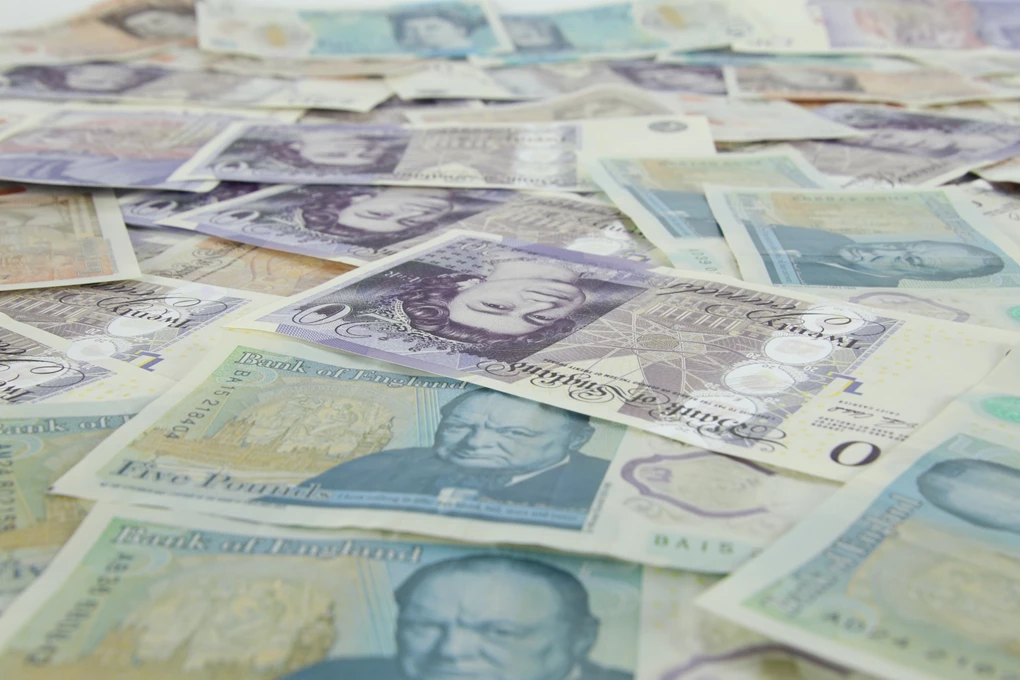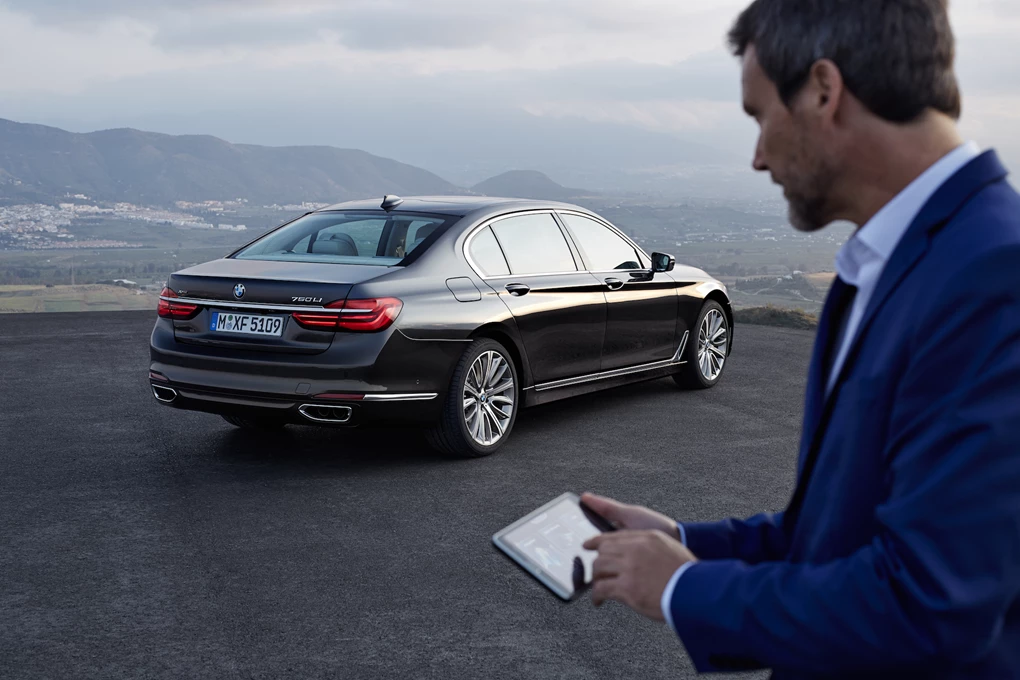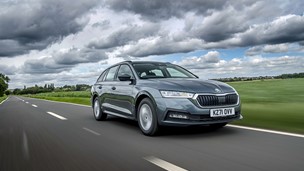It’s hard to know how much to spend on a new car. For many the temptation is to go all-in, to spend a big chunk of savings on a beautiful new car, or to pay a large amount on a monthly basis and have very little left over at the end of each month. This really isn’t a good idea. We implore you not to overstretch yourself.
Instead, in this guide we’ll give you some simple pointers on how much you might want to spend, and to think about the full cost of your car overall (not just the upfront cost or initial payments). And to make sure you leave yourself enough financial buffer space for expected or unexpected costs that may come your way, so that you can feel really confident about your budget.
Your financial position
Your car is likely to be the second most expensive thing you’ll buy, after your home, so it’s important to budget carefully to make sure it stays affordable.
Firstly, you have to look at your savings, and how much you earn each month, to start drafting out what your budget might be. Do a quick review of your earnings to see what your monthly income is, and your monthly outgoings (on average) and if you expect to have to make any big purchases or payments within the next year or two. This is a good start to look at your general situation.
A rule of thumb
How much you spend on a car (and hence your budget) depends on how important the car is to you: how much you’ll use it, and how much it matters to you as a use of your disposable income.
Here are some rules of thumb, as a general guide:
If you would like a cheap and affordable car that’s good enough to get to and from work, or to the shops, then you should budget about 10-15% of your annual income. This would leave you with plenty of income spare for other expenses or for saving money.
If you would like a mid-level choice, that’s more comfortable, for work and weekends, and perhaps a little more spacious, then budget about 20-25% of your income. This will give you better options for your car choice, and still leave the majority of your income available for other expenses or saving.
If you’re a car person, and you view a car not just as a means of getting about, but as an important lifestyle item – your pride and joy, and the thing that you want to spend money on – then budget up to 50% of your annual income.
With these in mind, the best general prompt would be to suggest around 20-25% of your income. If you are happy to do less, then great, but in reality, most people tend to want something a little bigger or better, but within their means. And this remains a safe choice.
Spending 50% of your annual income on new a car is a lot. However, if you have enough for accommodation, living expenses, and plenty of money left over – and getting ‘that car’ is your top goal – then this is a good heuristic.
Your savings

You also have to factor in your savings. You may not have much, or be able to touch these (or want to), or you may have a healthy pot that you can dip into. If you do, then the same sorts of rules of thumb can be used as a draft guide.
However, this will very much depend on whether you’ll need to your savings on anything else over the next few years, such as a house purchase, buying things for the house, repairs, a wedding, holidays, the cost of having children (nursery fees etc.), or anything else.
There may be a lot of future expenses that you need to ringfence first, as well as buffer space, before you decide on the amount of savings that are free to use now.
You have to decide how much you can comfortably spend upfront, and/or monthly, rather than what you think you have spare or can squeeze to.
The total cost of the car
The two ways that buyers can come unstuck when they buy a car is:
1) From unexpected life costs (or reduction in income)
2) Unexpected car costs.
You’ll need to pay for tax and insurance, fuel costs (which may be higher if you’re going for a bigger car), servicing and repairs, and possibly other additional costs too. So, once you have your budget set, and you’re looking at car choices, make sure to factor this in beyond the upfront or monthly costs. Work out how much the car will cost you over the next few years.
What buying options suit best

If you can buy a car outright, and therefore own the asset and not pay any interest, then this in theory is best. However, if it feels safer not to pay a lump sum upfront, or you don’t have the means to do so, then buying on finance, or long-term hire might be a better choice for you.
Many manufactures offer 0%APR deals, and other packages, which require a smaller outlay, and suit customers better. Explore all of your options, but just be clear on the length of contracts and what your obligations will be, and any other payments you might need to make (mileage etc.), to understand the total cost of these packages too.
You may wish to invest your savings instead, or have the possibility of various life expenses on the horizon, which makes it hard to know how much savings you will need (for things that may or may not happen etc.). If so, then hire purchase, PCP, or PCH is worth considering, and monthly payments can feel like a more straightforward and thus safer option for many.
Get a quote
Create a budget that is carefully considered, to ensure you don’t run into financial difficulties or stress. Go for the safe option. Once you have a budget set, then use our search tools to find the car for you. We can arrange a quote for you, and for the manufactures to tell you more about what options and offers they have available, or for what choices might work within your budget.
Get a quote or book a test drive




